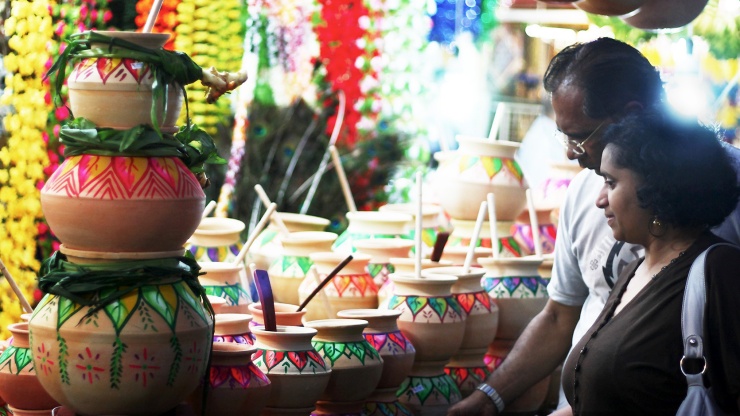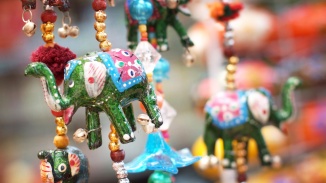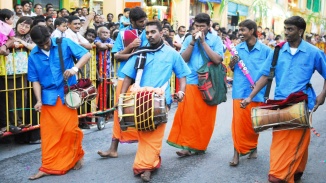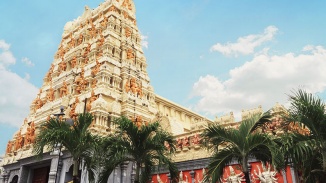Pongal is a traditional Indian harvest festival that charms with its colourful intimations of an age gone by.
Pongal is celebrated mostly in South India over four days, by farmers who give thanks to Surya, the Sun God and giver of life, for the blessings of a rich harvest.
New beginnings
In Singapore, Pongal is celebrated on the commencement of the auspicious month of Thai. On the first day, Bhogi Pongal, celebrations begin with worship of Lord Indra, the Ruler of Clouds and Giver of Rains. Thorough spring-cleaning as well as the discarding of old belongings is carried out to signify a fresh start.
Oil lamps are lit, new clothes are donned and colourful designs in rice flour are created on the floors of houses.
On the second day, Surya Pongal, the Sun God is honoured. Every household cooks a pot of rice with milk to offer up to Surya at dawn.
Pongal means to ‘overflow’, hence the pot of rice has to bubble over to symbolise prosperity and abundance. This is then served to members of the family as well as any visitors to the house. It is a very social period, as relatives and friends visit each other and exchange greetings.
The third day, called Mattu Pongal, is set aside to honour cattle–cows are sacred animals in the Hindu religion.
To remember the work they do, like ploughing the fields and providing milk, the cattle are scrubbed and their horns painted. Multi-coloured beads, tinkling bells and flower garlands are placed around their necks and they are fed special snacks as a treat.
The ties that bind
The last day, called Kannum Pongal, is all about the community and strengthening ties. Younger members seek the blessing of the older members of their families.
Landlords distribute clothes, food and money to their workers. Offerings are made at temples even as special prayers are conducted.
Infused with the earthy rhythms of agrarian life, Pongal offers visitors a peek into a rich culture and a way of life that has been celebrated in Southern India for centuries.
Event highlights
Despite the official festival taking place across just four days, you can look forward to a month-long celebration which begins with the Pongal Light-Up Ceremony.
Head to Little India and join in the series of celebrations, which include performances, workshops and many other hands-on activities. For event details of the wide array of Pongal Festival programmes, visit here.



